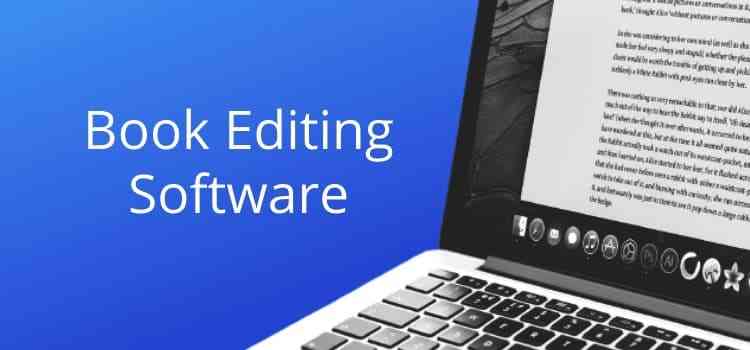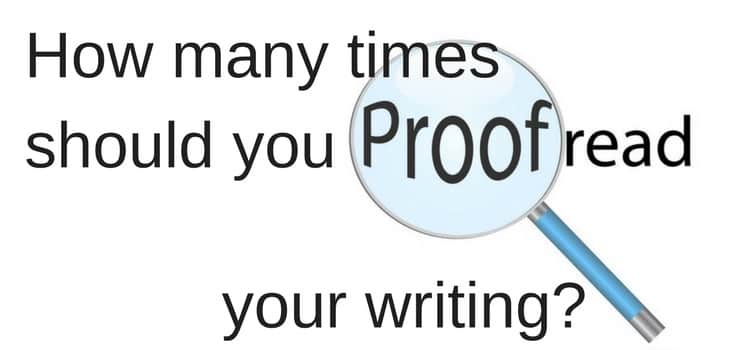
What is fluff in writing?
It is when you use words that add little or no value to a text for a reader.
Fluff can be words and phrases that are off-topic, hard to understand, unclear, unnecessary, boring, or added only to increase the word count.
Every writer uses a bit of fluff in the first draft of a text. But good writers know they have to find it and remove as much as possible before publishing.
10 Common types of fluff in writing
Fluff comes in many forms that can hinder clarity and conciseness.
All writers have weak tic words to delete when editing or proofreading.
These include really, very, just, rather, and such that can fall out of your fingers when typing.
Another typical form of fluff is redundancy.
In grammar, it means to use two or more words together that have the same meaning.
Passive voice is unclear because it doesn’t say who or what performed an action.
It’s always better to use the active voice whenever possible.
The grammatical expletive is also fluffy and worth avoiding.
But the most common fluff in writing is wordiness.
Let’s look at examples of fluff to help you improve and sharpen your writing.
1. Weak or unnecessary modifiers
The worst offenders are very, really, and just.
You can usually remove these words with better word choices.
Fluff – Kate was really excited when she got the job offer.
Better – Kate was thrilled when she got the job offer.
Fluff – I ran very quickly when I saw the bus coming.
Better – I sprinted when I saw the bus coming.
Fluff – Just remember that you need to buy bread on the way home.
Better – Don’t forget to buy bread on the way home.
2. There is, there are, there were, it was
When a sentence starts with there is, there are or it and the verb to be, it’s a candidate for a rewrite. All you need to do is locate the subject to start the sentence.
Fluff – There are many ways that you can edit and improve a sentence.
Better – You can edit and improve a sentence in many ways.
Fluff – It was my fault that the book didn’t sell well because I didn’t edit it properly.
Better – The book didn’t sell well because of my poor editing.
3. Wordiness and filler words
When you use lots of filler words for no good reason, they are prime for deleting.
Fluff – In the fullness of time, and with the benefit of hindsight, Max finally found the motivation to begin the process of finding a new job after being unemployed for two years.
Better – Max started looking for a job after two years of unemployment.
4. Change the passive voice
It’s easy to change passive to active in most sentences.
All you need to do is use an active subject to start your revised sentence.
Fluff – It was decided by the manager that the best way to handle the problem was to issue a refund.
Better – The manager decided to issue a refund to solve the problem.
Fluff – The article was written so poorly that I found it difficult to understand.
Better – I found the article difficult to understand due to poor writing.
5. Redundancy
When words in a phrase have a similar meaning or say the same thing, you can usually remove one.
Common redundancy examples include:
Combine together
End result
Total abstinence
Basic fundamentals
Free gift
Usually always
Here’s an example where ask means to pose a question, which means the same.
Fluff – I think it always pays to ask a question if you are not sure.
Better – I think it always pays to ask if you are not sure.
6. Repetition
You have to write a 1,000-word article. You are approaching your deadline, and your word count is 95o.
It’s a recipe for resorting to repetition and filler words.
Fluff – In summary, I would like to recapitulate and go over some of the main reasons and reiterate why you should buy an electric scooter. To sum up, it’s a cheap, inexpensive, and very convenient form of transport that is easy to store and charge in an inner city apartment.
Better – An electric scooter is inexpensive, convenient, and an ideal form of transport if you live in a city.
7. Unnecessary intensifiers
Yes, you want to make a strong point. But some intensifiers can be over the top.
Some of the worst offenders are absolutely, extremely, positively, and unbelievably.
Fluff – Brian was absolutely amazed that he topped the exam results. He was positively thrilled.
Better – Brian was amazed but thrilled that he topped the exam results.
Fluff – I walked to work this morning, and it was unbelievably cold.
Better – I walked to work this morning, and it was freezing.
8. When a simple word is better
You can circumvent, but avoid is an easier word for readers.
Why commence when you can start?
Aim for vocabulary that is clear, concise, and easy to understand.
Fluff – You should endeavor to walk for at least half an hour each day.
Better – You should try to walk for half an hour each day.
Fluff – When writing articles, always conclude with a concise summary.
Better – Always end with a brief summary when writing articles.
9. Delete the jargon
Jargon words that are particular to an industry or professional segment, region, or activity can be difficult for readers to understand.
They might be familiar to you, but that’s not a good reason to use them.
Fluff – You should try reaching out to your manager if you have a concern.
Better – Contact your manager if you have a concern.
10. Don’t make it complicated
Avoid using parentheses or excessive clauses in sentences.
Use shorter, clearer sentences that are much easier to read.
Fluff – When I wrote my last post about my new book (well over a month ago now, I think), I forgot to mention that my book signings, which will be held in four (or maybe five) local bookstores, will take place in the first week of August.
Better – I’ll be signing my new book in early August at a few popular local bookstores.
Summary, conclusion, and closure
Fluff in writing is as annoying as a thick layer of dust on your furniture.
The only way to fix it is to do some cleaning.
Good writing is to the point, clear, and easy to read and understand.
Using more words than you need rarely leads to improvement.
Related reading: Are Question Tags Effective in Dialogue Writing?
Share This Article


